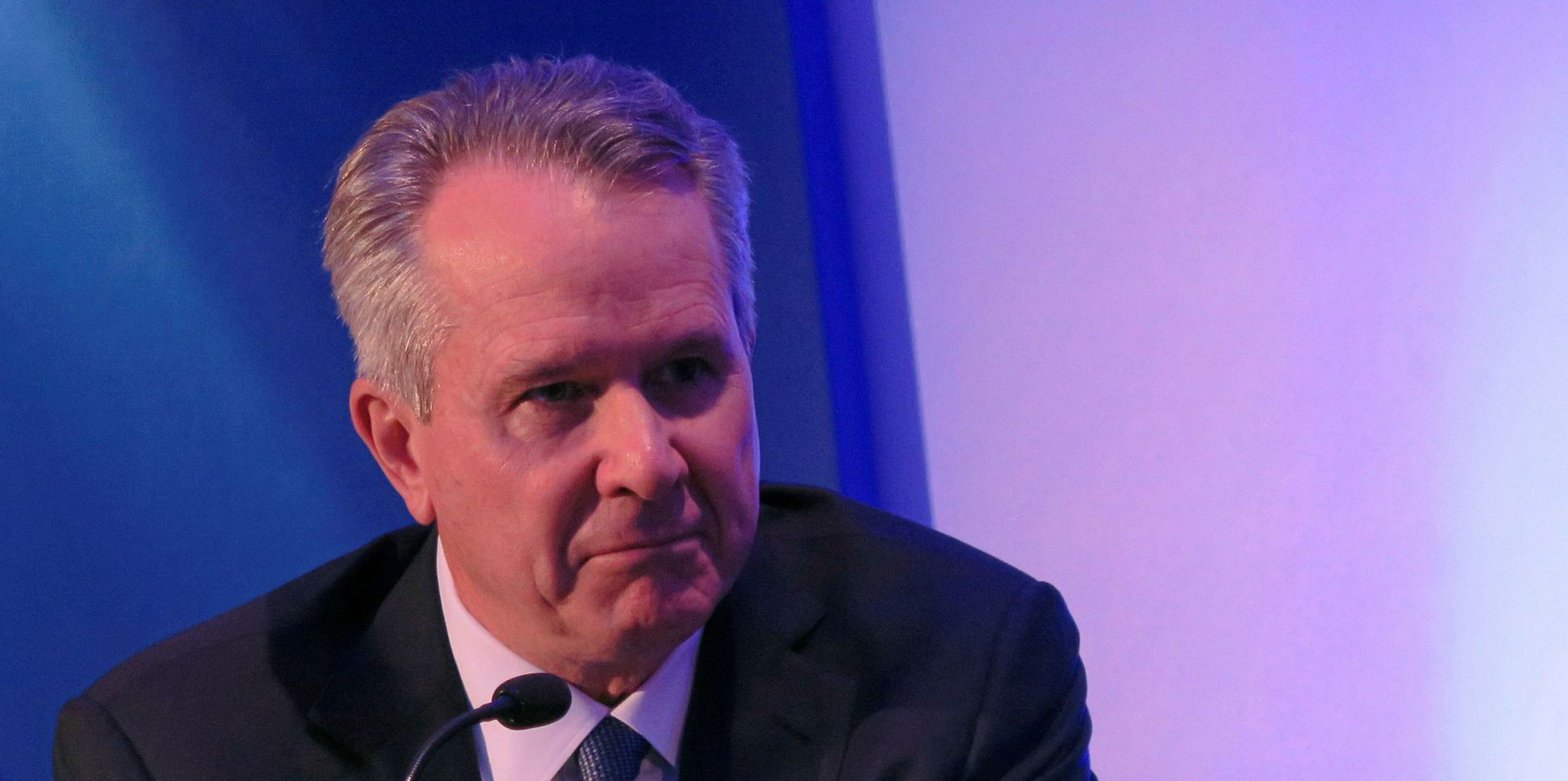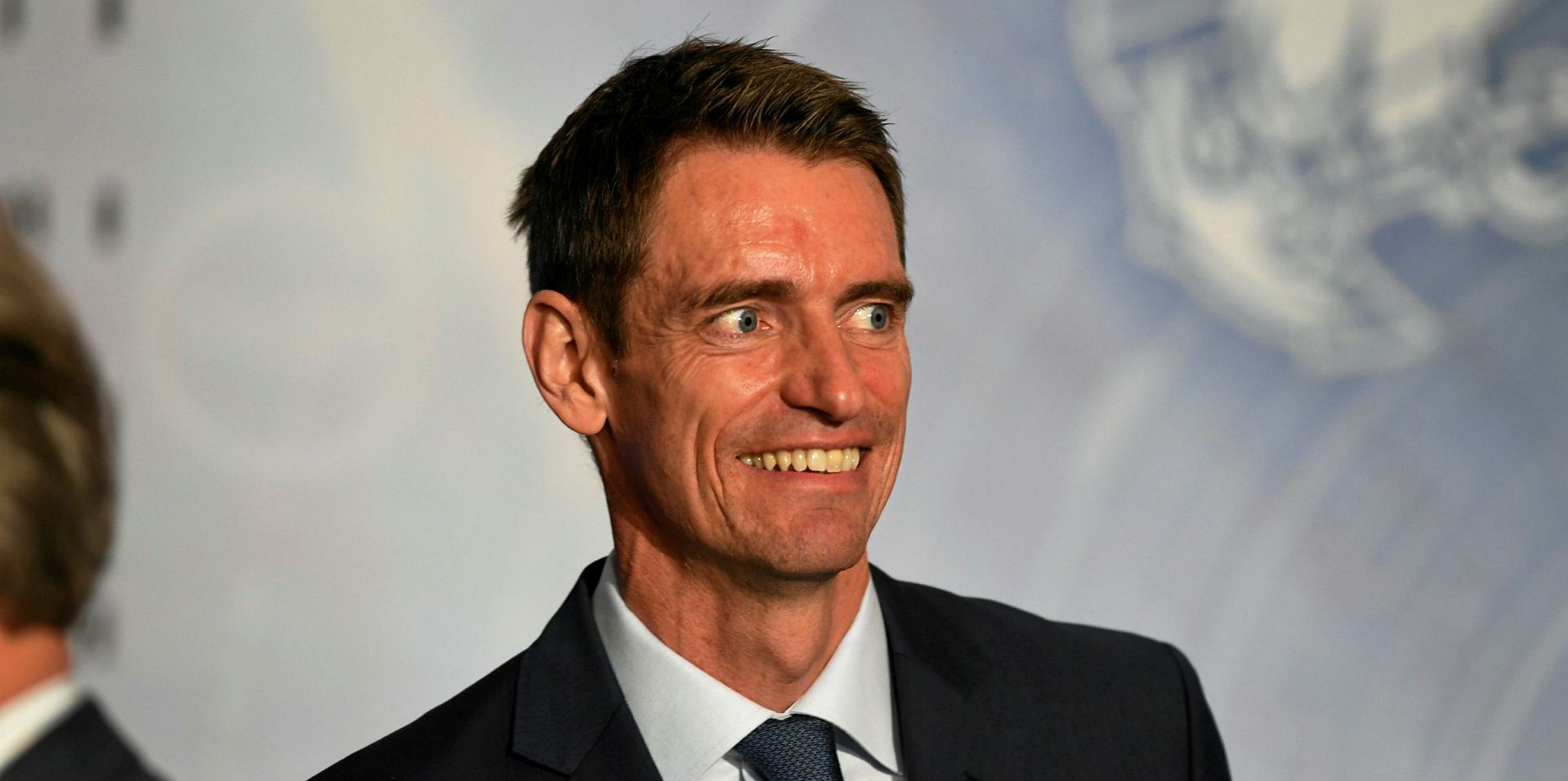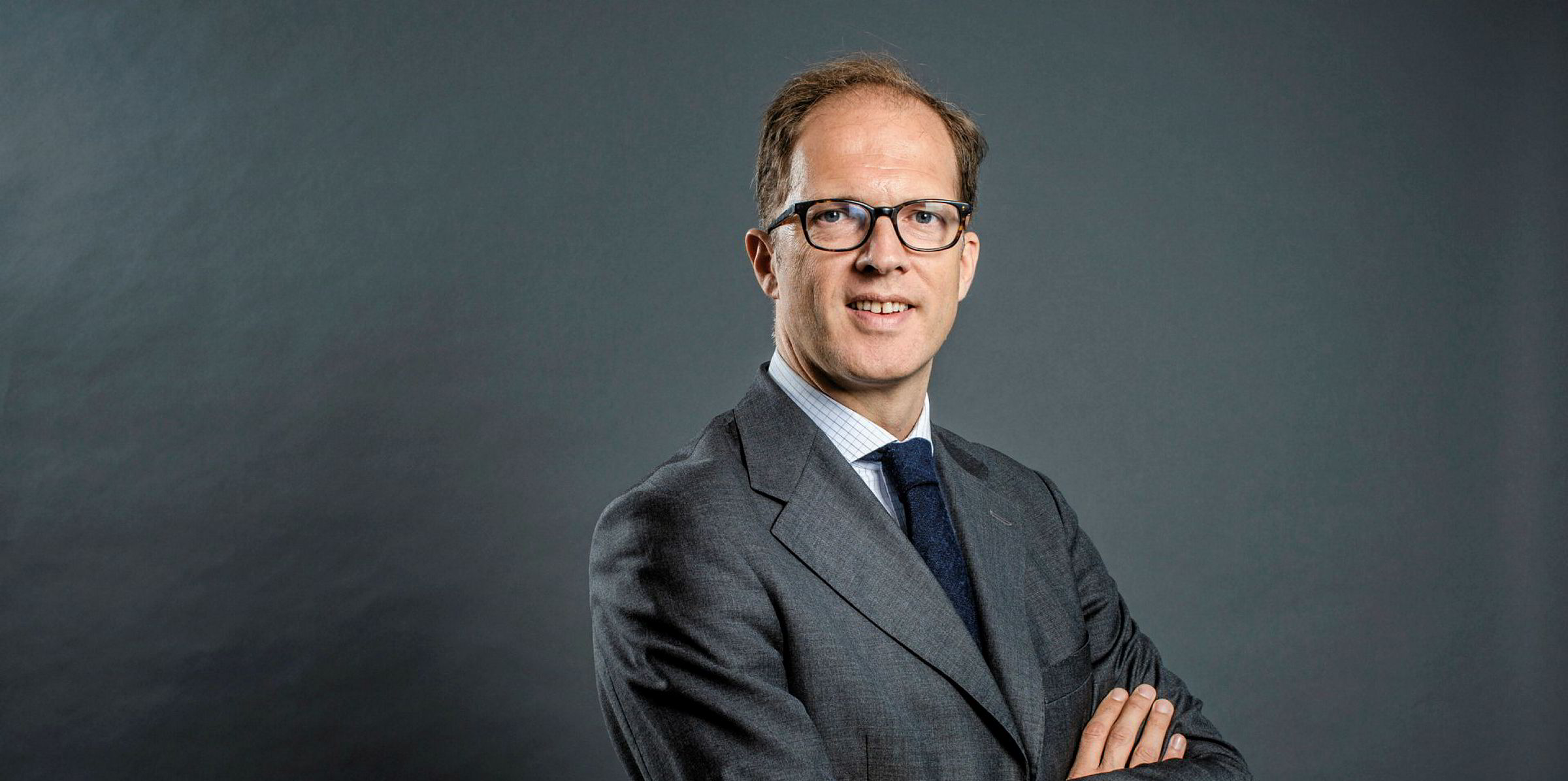Diamond S Shipping will add additional tankers when the timing is right, but will not pursue "growth for growth's sake."
The US suezmax and MR owner's top management told a conference call with analysts that it will make "thoughtful decisions" on expansion in markets muddied by the uncertainty caused by the Covid-19 coronavirus outbreak.
"With respect to additional ship purchases, our fleet position has never been static," chief financial officer Kevin Kilcullen said. "We are in the favourable position to add vessels to the fleet without adding any incremental overhead."
He said the company doesn't plan on "growing for growth's sake", and it doesn't have any particular fleet size in mind.
"But we think we can build long-term value by making thoughtful decisions around acquisition opportunities at the right time in the cycle," he said.
Diamond S announced profit of $26.8m for the first quarter on Thursday, and launched a buyback of up to $50m of its shares over the next year.
Price discovery proving difficult
Chief executive Craig Stevenson added that it is a difficult time in the sale and purchase market.
"The uncertainty just makes the price discovery in the process of selling or buying assets pretty difficult at this time," he said.
"But in the more intermediate term, the sale of older assets and re-deploying the capital from that into the share buyback programme is absolutely something that the company will consider."
He said the company is not looking at scrapping ships.
"But what we do look at — we do need to continue to modernise our fleet. And so the product side of the business is what we look at typically first," Stevenson said.
"But it's a competition for capital. So at the end of the day, to the extent that you sell an MR, it does not necessarily mean that you buy an MR."
The company sees crude tankers as more exciting in the current market. He pointed to high operating earnings for the suezmaxes it owns in the fourth quarter.
"The fundamentals look incredibly strong. And so once we get through this coronavirus, I think we're keenly optimistic about the future returns," he said.
Tough time to acquire stock
Stevenson was asked about immediate share buyback plans and said the company was looking to spend about $15m up to the end of the quarter.
"I think with respect to share repurchases, we have a relatively short open window this time to execute the programme between basically today and the end of the quarter," he said.
"So yes, the bucket is roughly $15m. If we are able to achieve that, I'd be pretty surprised. I think given the uncertainty in the general markets and shipping around coronavirus-related activity, we're probably going to start off a little bit slowly."
Still, Stevenson said the company aims to get engaged on the buyback programme as soon as possible.
Kilcullen added that the company is not averse to paying out dividends.
"But we don't think it's the right lever to pull given where our stock is trading at, relative to its underlying fundamental value," he said.
"We also intend to be opportunistic with respect to our leverage. In particular creating additional revolver capacity gives us the flexibility to manage the business and be able to quickly react to opportunities that present themselves in the future."
More scrubbers to be fitted
In terms of its scrubber programme, five dry dock stays are planned for 2020. Three will see scrubber retrofits carried out and two will be used for ballast water treatment system installations.
"What has shifted is the timing of expected expenditures, given the uncertainty around shipyard situations in China," the finance chief said.
"We do not expect any dry dockings to take place in the first quarter and have shifted estimated expenditures into the second and third quarters of 2020."
The company said tanker demand will rebound strongly when the uncertainty of the coronavirus ends.
Tanker supply remains tighter than historical averages, Diamond S added, since the number of vessels on order is about the same as that of units that have the potential to be scrapped.
"We believe supply remains constrained, not only due to the age of fleets, but also uncertainty of regulation and technology on newbuilding tonnage," Stevenson said.






